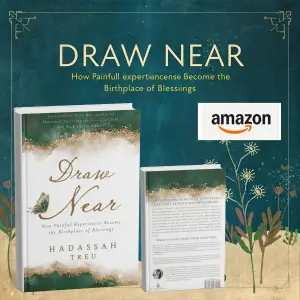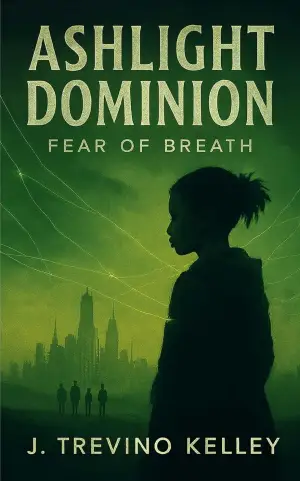Feria: A Nostalgic Journey Through the 90s with a Dash of Authenticity
Recently, I found myself drawn to Feria by the talented author, whose musings on life in the 90s tugged at my own fond yet complicated memories of that era. As someone who also grew up during this time, I couldn’t resist the allure of nostalgia full of grunge, early mobile phones, and the mixing of youthful levity with the weight of adult responsibilities. The author’s candid exploration of her life felt like an invitation to reminisce while also confronting the realities of growing older.
At its core, Feria serves as an egotrip wrapped in a tapestry of memories, anecdotes, and reflections that oscillate between the absurd and the relatable. The author captures the dichotomy of her youth, experiencing the carefree lives of her peers who were, in stark contrast, settling down, buying homes, and embarking on vacations that feel almost mythical in today’s hyper-consumerist context. I appreciated how she frames her narrative by questioning the traditional milestones expected of her generation versus those of their parents. There’s a rawness here that resonates deeply, especially for those of us caught in the crossfire of generational expectations.
Yet, while the narrative is colorful and a tad chaotic—seamlessly bouncing from Twitter-style reflections to familial anecdotes—I often found myself feeling somewhat lost amidst the overload of names, dates, and details. It seemed to echo her life as she recounts those who come in and out of her story, often leaving me wishing for clarity amidst the chaos. That said, in moments of clarity, she does manage to strike a chord; for instance, when the text humorously delves into the absurdity of millennial burdens—Netflix subscriptions, smartphones, and inexplicable travel choices overshadowing our parents’ simpler vacations.
One of the aspects of Feria that stuck with me was the writing style itself. The pacing is reminiscent of a stream of consciousness, blending humor with heartfelt sincerity, although it can occasionally feel disjointed. I appreciated her unapologetic “this is my life” approach, even if it sometimes led me to glance at the page number, wondering if skipping ahead would allow me to grasp the bigger picture. It’s an audacious choice, and while not for everyone, it creates a unique rapport with readers.
There are moments of profound honesty hidden among the capricious recollections—like when she reflects on the seemingly mundane yet significant acts that shape our identities. This narrative technique resonates as it mimics our own minds, which are often a jumble of thoughts, memories, and emotions colliding.
In conclusion, Feria might not be for everyone, particularly those who thrive on linear storytelling or prefer their reflections wrapped in a neat bow. However, for those with a penchant for nostalgia and the messy essence of life, this book offers a relatable, albeit chaotic, glimpse into a world that feels both familiar and alien. If you’ve ever wondered how the childhood memories of a millennial can be interwoven with those of a different generation, this book is worth diving into. It left me pondering my own experiences and the stories hidden in the corners of my memory, a testament to the author’s ability to evoke reflection and conversation.






